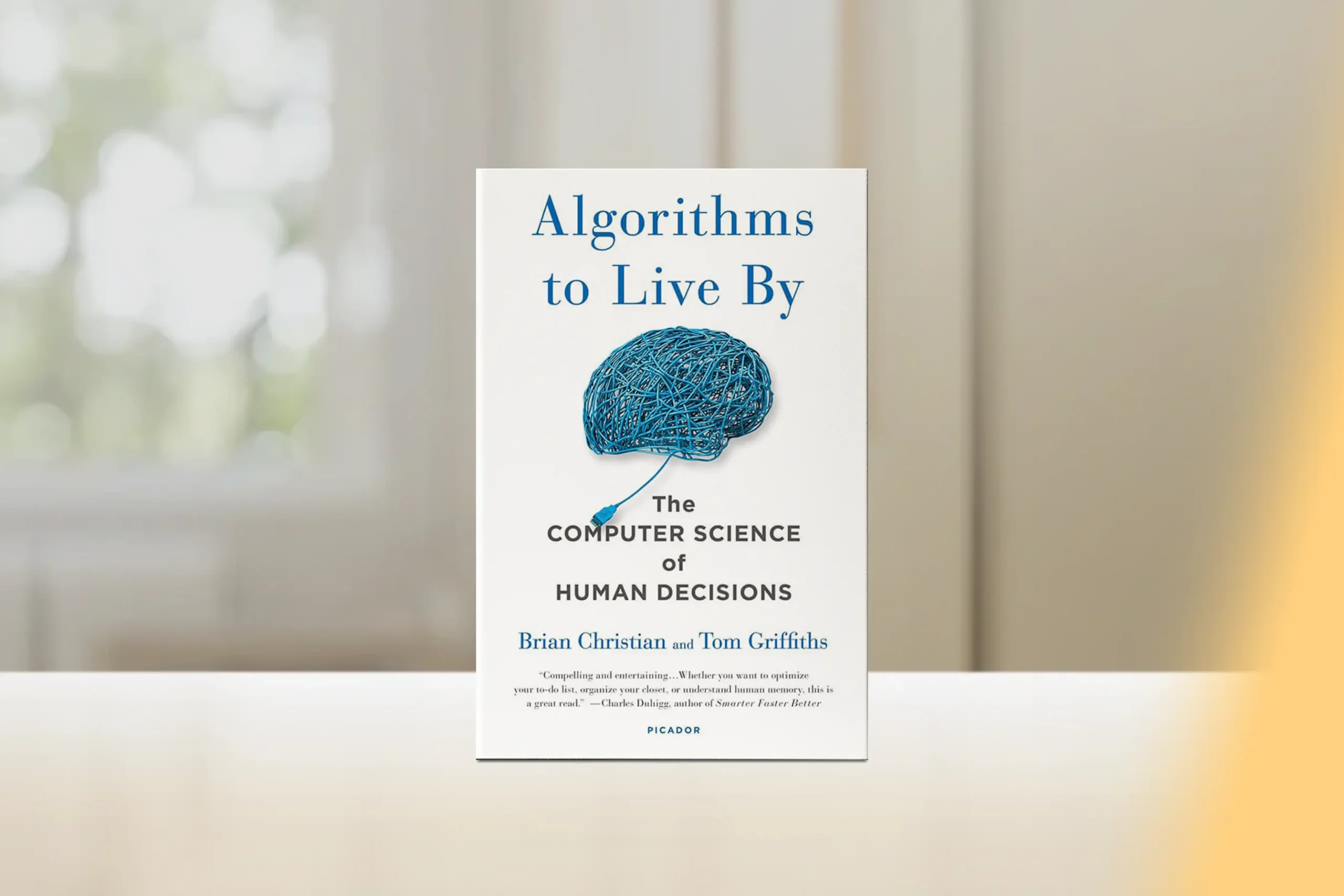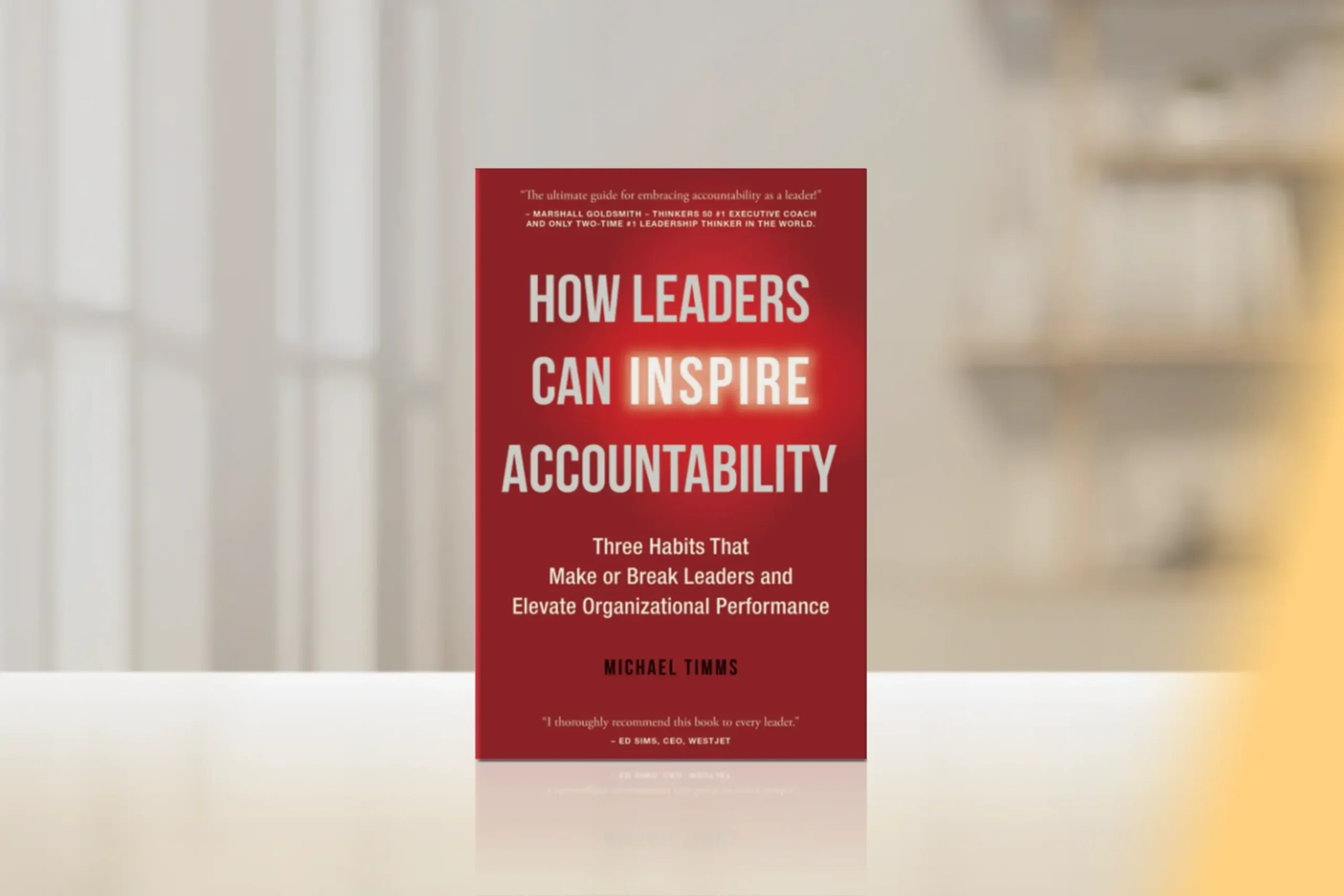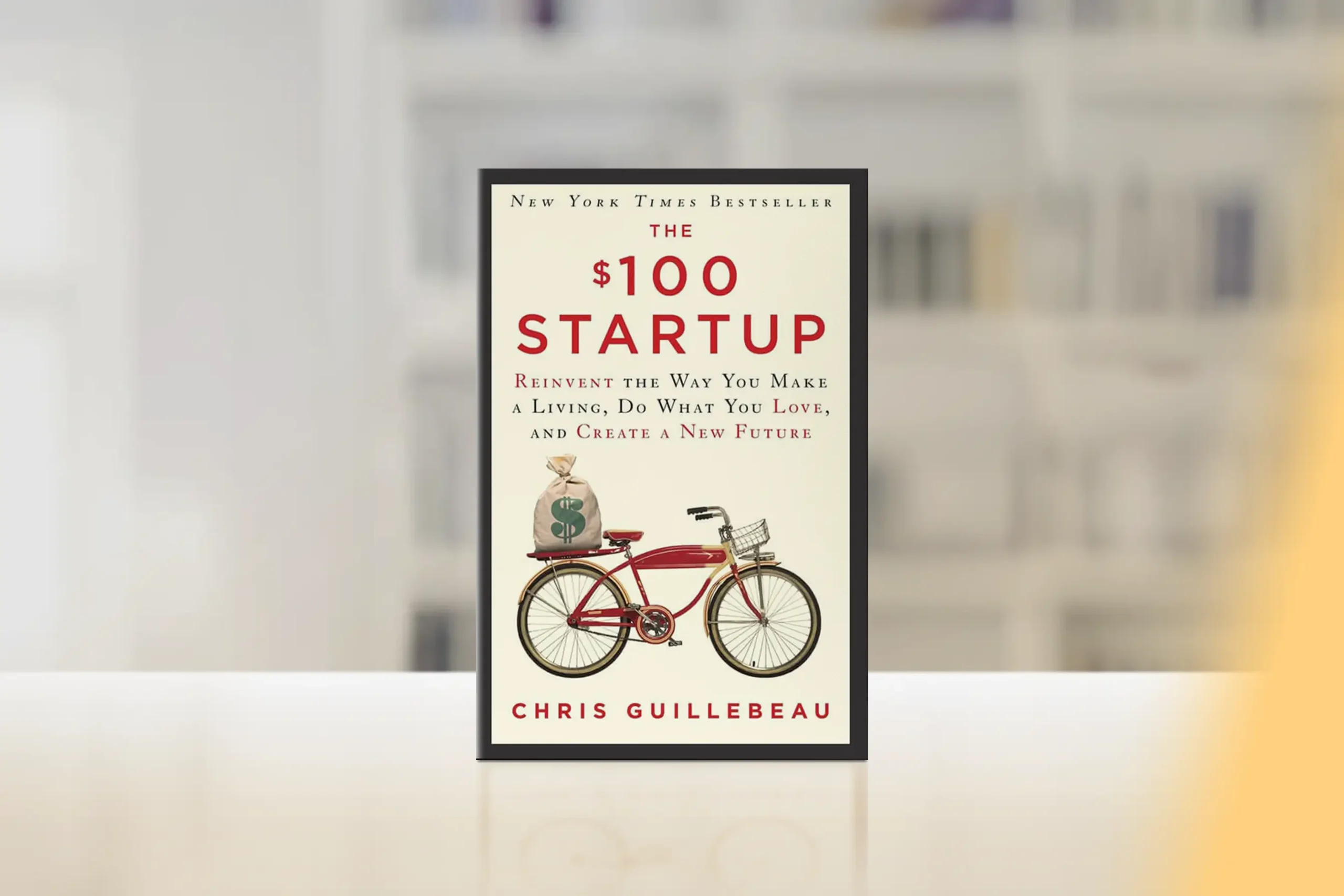Published in 2016, “Algorithms to Live By” offers a groundbreaking approach to solving everyday challenges through the lens of computer science.
In this fascinating intersection of technology and daily life, Brian Christian and Tom Griffiths reveal how computational algorithms can illuminate solutions to common human dilemmas.
The core premise is both simple and revolutionary: the solutions to many human problems have already been discovered in the world of computer science, and these solutions are waiting to be applied to our daily lives.
Core Concepts
The book explores several fundamental algorithmic principles and their real-world applications, demonstrating how computational thinking can enhance our decision-making processes:
- Optimal Stopping: When to stop searching and make a decision, using mathematical principles to determine the ideal moment to commit
- Explore/Exploit: Balancing trying new things versus sticking with what works, informed by multi-armed bandit algorithms
- Sorting: Organizing information and physical spaces efficiently, drawing from various computational sorting methods
- Caching: Managing limited space and memory, applying buffer management strategies to physical and mental organization
- Scheduling: Prioritizing tasks and managing time through computational optimization techniques
- Predicting: Making better forecasts and judgments using probabilistic approaches and Bayesian reasoning
These concepts are grounded in decades of computer science research but presented in ways that make them immediately applicable to everyday decisions.
Chapter-by-Chapter Review
Optimal Stopping
The authors introduce the famous “37% Rule” for making decisions, showing how mathematical precision can guide life choices from apartment hunting to hiring decisions. They demonstrate how this principle can be applied to optimize search processes in any context where options are presented sequentially.
Explore/Exploit
This chapter provides invaluable insights into the balance between trying new experiences and returning to familiar favorites, offering concrete guidelines for different life stages. The authors present compelling evidence for why our exploration patterns should change as we age.
Sorting
Beyond just organizing files, this section reveals how different sorting algorithms can inform everything from organizing your closet to managing your email inbox. It explores various sorting strategies and when each is most appropriate, from quicksort to bubble sort scenarios in real life.
Caching
The authors demonstrate how computer memory management principles can help us organize our homes, workspaces, and mental resources more effectively. They explore the concepts of temporal and spatial locality in both digital and physical contexts.
Scheduling
This practical chapter applies computational scheduling algorithms to everyday time management challenges, offering surprisingly effective solutions. It includes detailed discussions of interrupt coalescing and the mathematics of productive procrastination.
Predicting
The final sections explore how algorithmic thinking can improve our ability to make predictions and handle uncertainty in both personal and professional contexts, drawing from machine learning principles and probability theory.
Key Strengths
- Brilliant translation of complex computer science concepts into practical life advice
- Engaging real-world examples that make abstract concepts concrete
- Clear, actionable strategies for decision-making
- Well-researched with a perfect balance of theory and application
- Surprisingly relatable and immediately applicable insights
Potential Drawbacks
- Some mathematical concepts might initially intimidate non-technical readers
- Certain algorithms might seem oversimplified when applied to complex human situations
- Not all solutions will feel intuitive to implement
Who This Book Is For
This book is particularly valuable for:
- Decision-makers looking for systematic approaches to complex problems
- Professionals seeking to optimize their work and life processes
- Anyone interested in improving their analytical thinking skills
- People who appreciate seeing familiar problems from new perspectives
Final Review
“Algorithms to Live By” brilliantly bridges the gap between computer science and daily life, offering readers a new lens through which to view their decision-making processes. While some concepts may initially seem abstract, the authors excel at making them accessible and applicable to real-world situations.
The book provides valuable tools for anyone looking to make better decisions and live more efficiently. The principles presented here have the potential to revolutionize how we approach everything from organizing our homes to managing our time. What sets this book apart is its ability to translate complex computational concepts into practical wisdom that readers can apply immediately.
Rating: 4.5/5
A masterful blend of computer science and practical wisdom that will change how you approach everyday decisions.
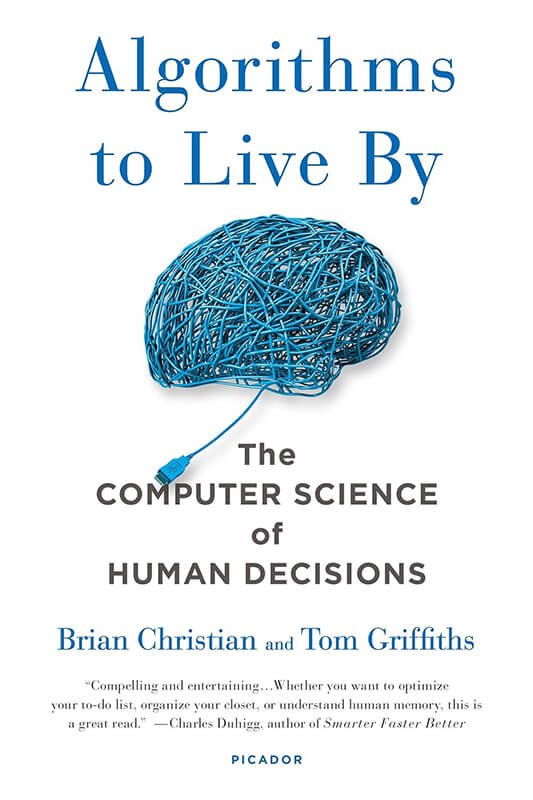
Alternative Books
If you enjoyed “Algorithms to Live By,” consider these related books:
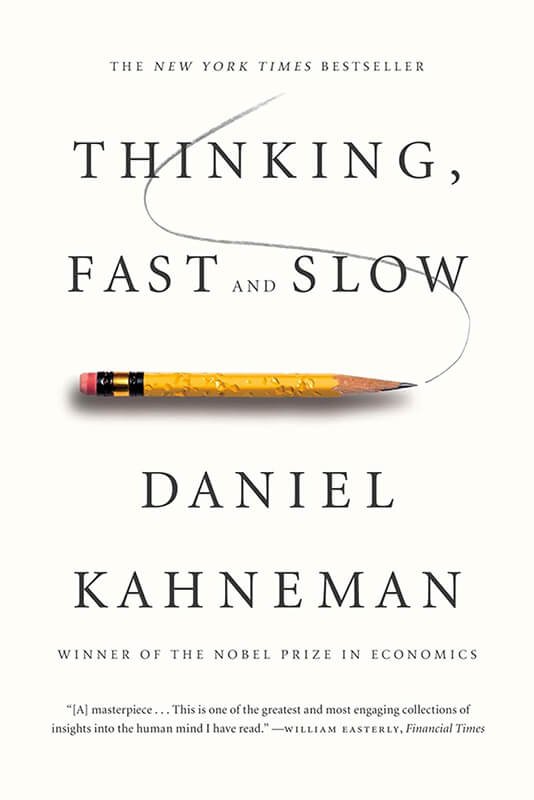
“Thinking, Fast and Slow” by Daniel Kahneman
A deep dive into how we make decisions and the two systems that drive our thinking.
Rating: 4.6/5
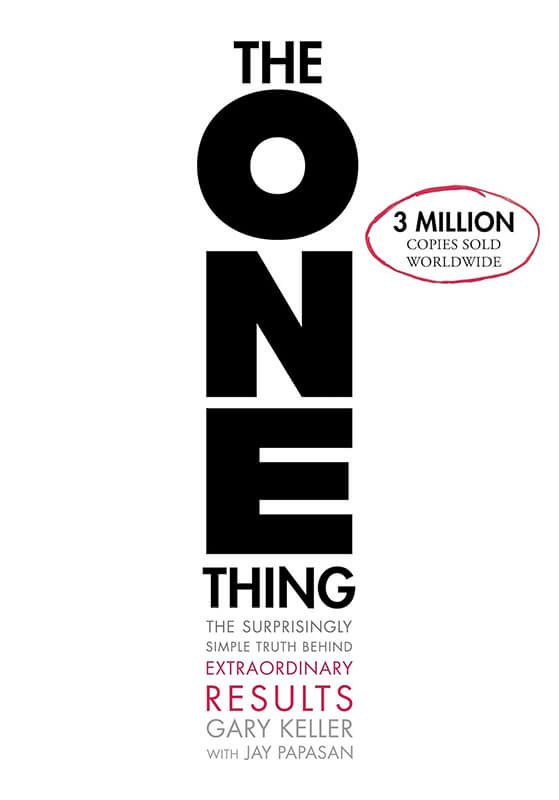
“The One Thing” by Gary Keller and Jay Papasan
Explores the power of focused decision-making and priority setting.
Rating: 4.7/5
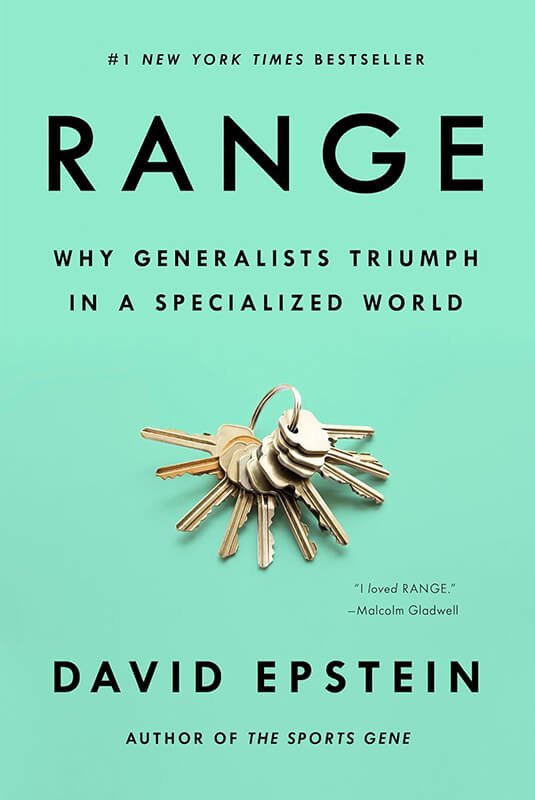
“Range: Why Generalists Triumph in a Specialized World” by David Epstein
Examines how broad thinking and diverse experiences lead to better problem-solving.
Rating: 4.6/5

